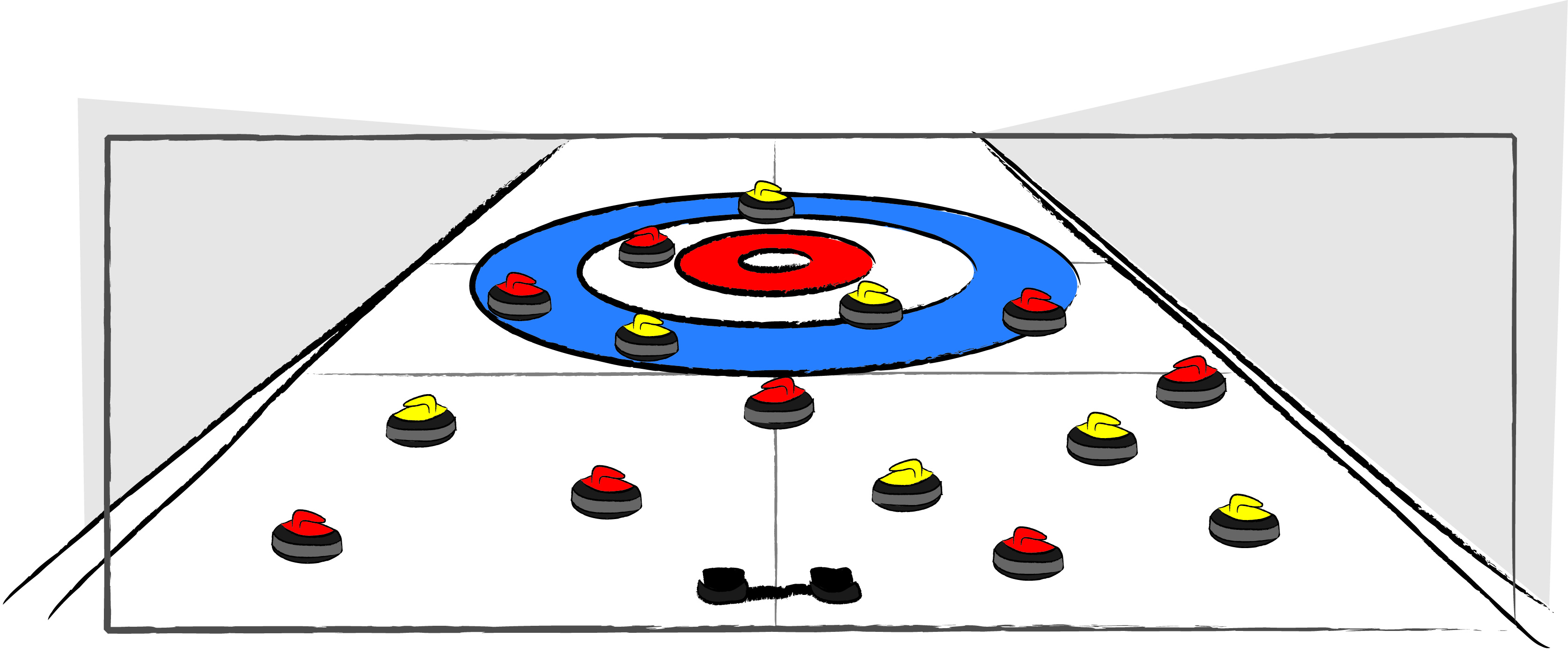Was I feeling alright? Was I running a fever? Had I contracted the dreaded H1N1? I felt there must be something wrong, because I found myself agreeing with Prime Minister Stephen Harper. Yes that Stephen Harper: the stone-faced, Mr. Rogers-sweater-wearing, getting high with his friends prime minister whose political ideology is purported to be somewhere to the right of Genghis Khan on the political spectrum. Myself, I tend to lean more towards the Tommy Douglas’ and Svend Robinsons of the political world. So you can imagine my consternation at this sudden realisation of political common ground with this bastion of “small C” conservatism in Canada.
Why would a lefty like me agree with a law and order hawk like Mr Harper? Simple: I have been involved with advocating for young people in conflict with the law for several years now. I have personally seen the effect of the current two-for-one time credit given to those incarcerated prior to sentencing. It doesn’t work. It doesn’t really help those who it was meant to help — poor, mentally ill or aboriginal peoples — enough to counteract the negative effects on the system as a whole.
Under the old law, accused individuals who failed to get bail and were remanded into custody pending trial, were given a credit of two days for every one day that they spent in remand pending the outcome of their trial. This meant that if it took two years for your trial to come to a conclusion, and you were found guilty and sentenced to five years in prison, you would only have to spend an additional one year in prison as a result of the two-for-one credit. This would be further reduced to an actual four months before you would be eligible for parole and a maximum — assuming you were not declared a dangerous offender or had any other extenuating circumstances — of eight months before the government was forced to release you from prison.
I don’t agree with Harper because I want people to be in prison for longer. I don’t support the warehousing of human beings simply as a way of giving citizens a false sense of security. They will just do what they would have done a couple of years later as there is absolutely no meaningful rehabilitation occurring in today’s prisons. I agree with Harper on this issue because I have seen time and again people take advantage of this two-for-one policy simply to avoid a long sentence when they are accused of a crime that they know they are guilty of. This way they do time for a crime they know they would be convicted of and by refusing — not being denied — bail they can get the two-for-one credit for a majority of their sentence.
This manipulation of a loophole has serious and long-term effects on the justice system. First of all, the prisoners in remand do not get access to any of the “rehabilitative services” offered in prison. They do not get access, due to the fact that they have not been declared guilty yet. They are just in remand. This means sex offenders do not have to attend therapy, perpetrators of domestic abuse do not have to attend anger management and addicts do not get proper access to substance abuse treatment. Will they get it once they are convicted? Yes, of course, but not for as long as they would if they had to serve their sentence without the credits.
But, wouldn’t the elimination of the credit adversely affect those who cannot afford bail or have the supports to help secure the sureties required for bail? To an extent, yes. However, the backlog of cases in the system from the vast majority of remanded individuals using motion after motion to extend their remand and increase their credit only makes it more difficult for all remanded prisoners to receive a fair trial in a timely manner. Personally, I feel that the backlog in our courts today can be directly tied to the practice of two-for-one credit for time served. This delay of justice is, as the saying goes, truly justice denied. Not just to those who are remanded because they do not qualify for bail, but also for the victims of crime; especially the victims of those refusing bail to get the reduction on their sentence after their conviction.
Do I feel like I need to shower now that I have something I can agree on with Harper? Well, a little. Do I feel like our justice system has a better chance of doling out actual justice with the elimination of this credit system? Most certainly.
Stephen Milner is a mature student studying Sociology and an advocate for At Risk Youth.




